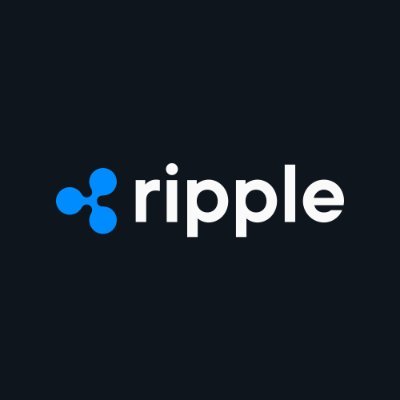About the company
Our team is working on the next generation of crypto solutions. Whether you are looking for a role as a Blockchain Software Engineer in San Francisco, a Partner Engineer in London or a Sales Representative in Singapore, Ripple is the place to build something transformative.
Job Summary
THE WORK:
📍Support business units by developing quantitative approaches to drive long-term strategic decisions for Ripple's products, services, and competitive advantages. 📍Identify, provide answers to, and develop quantitative frameworks for questions with significant business impact. 📍Collaborate with cross-functional teams by acting as domain experts in quantitative disciplines. 📍Evangelize best practice data methodologies internally and externally, which includes researching new methods and frameworks across the industry to improve the teams capabilities. 📍Act as ambassadors of data for the organization and be responsible for the organizations understanding of its challenges through data. 📍 Identify and collect important datasets to support data science research across Ripple. 📍Telecommuting permitted 100% – may live anywhere in the U.S.
MINIMUM REQUIREMENTS:
📍Must have a Bachelor’s degree in Computer Science, Business Analytics, Management Information Systems or a related field plus 5 years of progressive, post-baccalaureate experience in metrics definition and tracking, machine learning models, and data infrastructure and tools integration; or a Master’s degree in Computer Science, Business Analytics, Management Information Systems or a related field plus 3 years of experience in metrics definition and tracking, machine learning models, and data infrastructure and tools integration. 📍Must have 2 years of experience in each of the following (which may be gained concurrently): SQL; statistical modeling (Python or R); and dashboard generation and data visualization (Tableau or Google Studio). 📍Must have 2 year(s) of experience in two or more of the following (which may be gained concurrently): production machine learning models; new feature launch experimentation; user growth and retention strategy optimization; blockchain analytics; financial modeling; time series analysis; or, predictive modeling.




